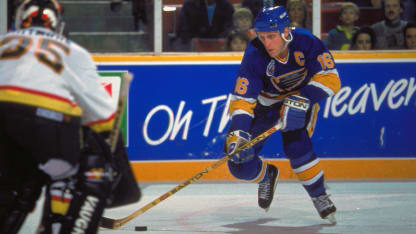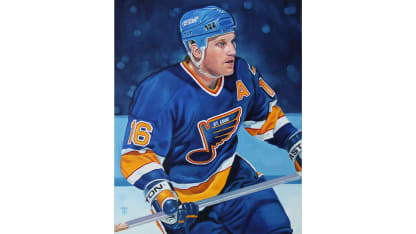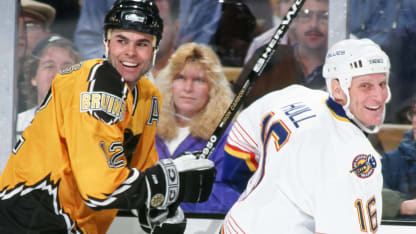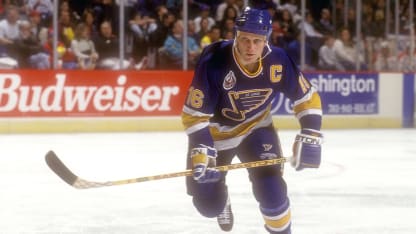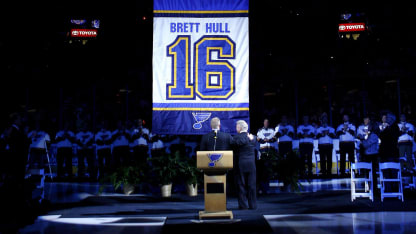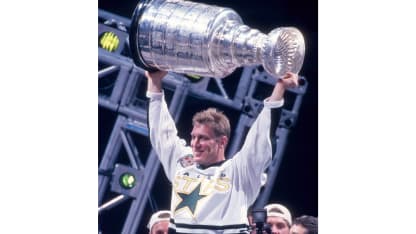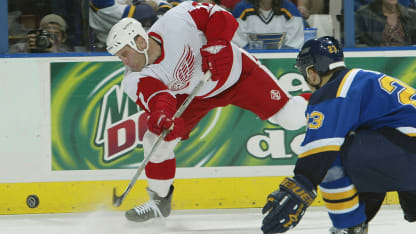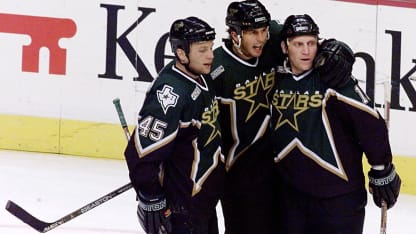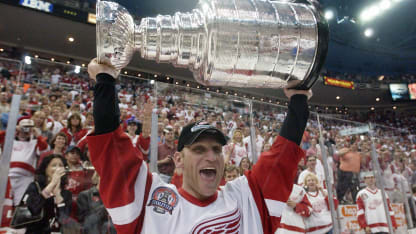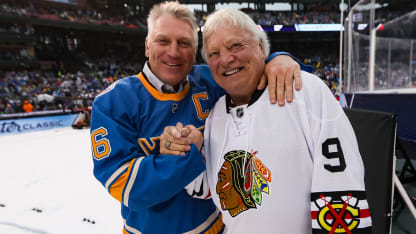And the signing of Hull paid off when the Stars won the Stanley Cup for the first time in 1999, in his first season in Dallas.
The most important goal of Hull's career was the controversial one he scored in triple overtime against the Buffalo Sabres that year to give the Stars the Cup. Hull's foot was in the crease when he chipped a rebound past goalie Dominik Hasek to win Game 6. That had been forbidden, but a memo sent to teams earlier that season stated that a foot in the crease was acceptable if the player controlled the puck.
"Brett is a very bright guy," Guerin said. "You would never think he's a student of the game. But he is. I learned a lot from Brett. Different places to shoot. Different holes to hit. How to turn your feet …"
Because his mother, Joanne, was American, Hull had the option of playing for Canada or the United States. Because the Canadians showed no interest in Hull and the Americans did when Hull was in college, Hull fully committed to the United States. He led the U.S. with seven goals and 11 points when they won the 1996 World Cup of Hockey.
"He had the ability to shoot the puck accurately and hard no matter where he was or whatever body position he had," Johannson said. "He could score from anywhere."
Hull's shot did seem to be unique.
"It would just take off when it left his stick," former NHL player and current NBC Sports broadcaster Ed Olczyk said. "It would accelerate and ascend and the goalie would have no chance.
The quickness of Hull's release was more problematic for goalies than the velocity. Because of the release, the puck was often on goalies before they could react.
